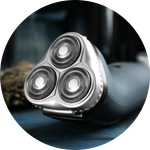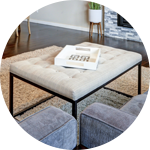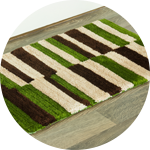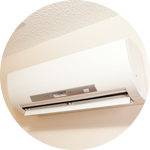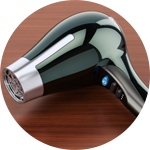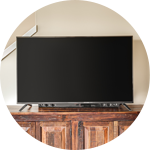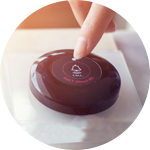At Home
Safety at Home
Your home may be your castle, but epilepsy can still present unique challenges and dangers to those experiencing seizures during the course of everyday activities. When it comes to staying safe at home, here are just a few minor tips to help make your home safer.
Basic Home Safety Tips
These basic home safety tips can help individuals at risk of experiencing seizures prevent dangers commonly associated with epilepsy.
Additional Safety Tips
Interested in making your home as safe as possible for an individual living with epilepsy? These simple tips can go a long way toward keeping everyone safe even through unexpected seizures.
- Get a home safety evaluation from a visiting nurse or physical therapist.
- Ask to meet with a nurse at the doctor’s office to learn about safety concerns and tips, or get connected with help in the home.
- Ask for help on adaptive aids for home safety. Local colleges and often have disability rehabilitation programs. Or contact a rehabilitation hospital or state disability organization.

The Epilepsy Foundation New England is here to serve and assist the epilepsy community. We partner with the Epilepsy Foundation of America to provide access to information, resources, and support for our constituents.

